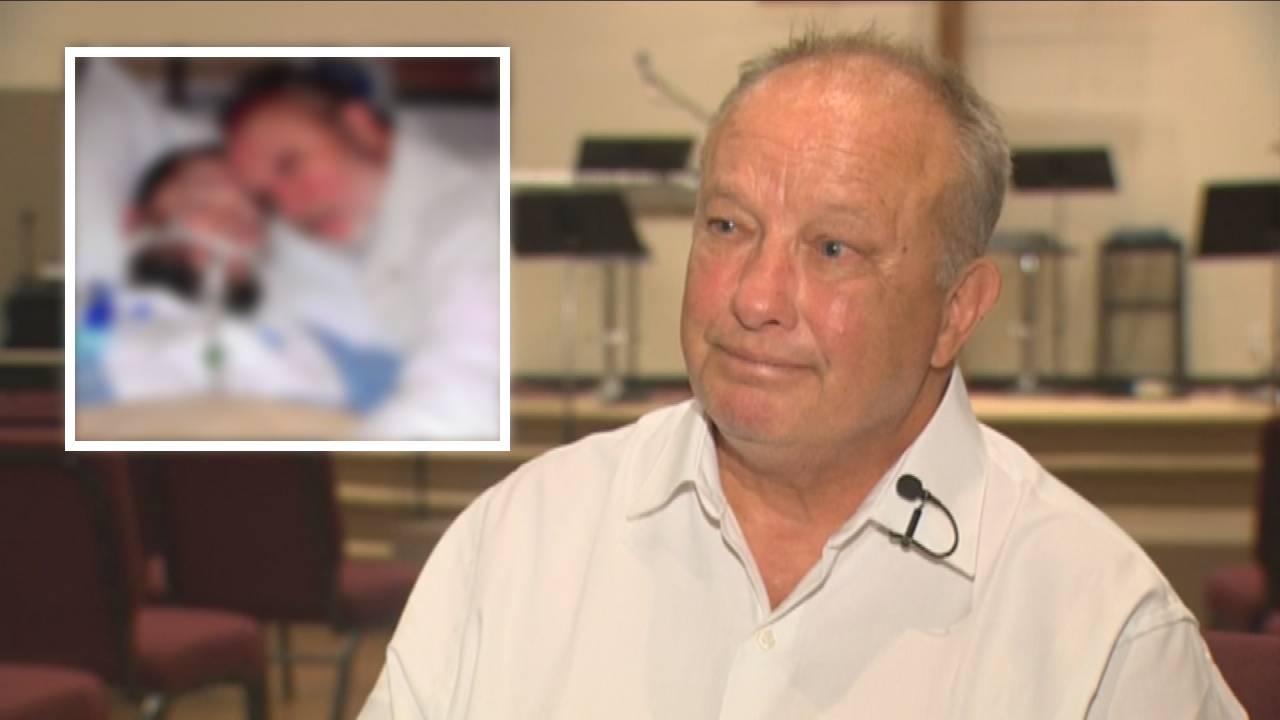Stories of armed individuals in the United States are far more common than we’d like, but what George Pickering did might be something straight out of a movie. The man forcibly took control of the hospital room where his son, who had been diagnosed with brain death, was about to be taken off life support.
He refused to accept the diagnosis and, at gunpoint, fought to prevent his son from being disconnected.
The Story of George Pickering

This past January marked a decade since the incident at a hospital in Houston, Texas. George Pickering Jr. had been diagnosed with brain death by doctors, and there was nothing that could be done to save his life. The specialists were certain that keeping him on life support was pointless—a waste of resources and time.
However, from the very beginning, his father opposed this diagnosis with a stubbornness that the doctors didn’t understand and practically despised. He resisted in every way possible—shouting, arguing, even physically struggling with the medical experts—all in an effort to keep his son alive.
Every healthcare professional present at the time was convinced: this was just another father in denial, unwilling to accept that his son had passed, and maybe they should recommend a psychologist to help him regain his sanity and process his grief. However, it’s likely they would be the ones needing a psychologist after what George Pickering did.
Clearly, he wasn’t willing to accept his son’s death. So, against the wishes of his family, he remained resolute and as long as he was alive, he would do everything in his power to prevent his son from being disconnected. He went home, returned armed, took control of his son’s hospital room, and stayed by his side.
What happened next closely resembles the film John Q. starring Denzel Washington. The man stood his ground, barricaded in the room, weapon in hand, determined to save his son.
Father and son were alone for a while as the hospital administration, alarmed and terrified, called the authorities. SWAT teams were immediately dispatched with orders to neutralize George Pickering, even if lethal force was required.
A Glimmer of Hope

But why did this man oppose his son being disconnected so strongly, despite the imminent diagnosis? According to George Pickering himself, his son had responded to his voice and had squeezed his hand on a couple of occasions.
The situation remained tense between SWAT and Pickering, and negotiations didn’t seem to be progressing, until the authorities offered a deal: they would bring in their own medical team to evaluate George Jr. and confirm whether the father was telling the truth and if the hospital doctors had made a mistake. Thanks to the intervention of Pickering’s other son, he accepted the offer, lowered his weapon, and the authorities entered, immediately arresting him.
However, SWAT kept their promise, and after reviewing the boy’s vital signs, they discovered that he was not brain-dead. He could make eye contact and follow commands—albeit weakly, but he could do it.
Unsurprisingly, George Pickering was charged with aggravated assault with a deadly weapon, a price that, for him as a father, was likely worth nothing compared to the fact that his son was saved and out of danger. Miraculously, his son fully recovered, and today, they are together. As Pickering himself said:
“A law was broken, but it was broken for all the right reasons. It was for love, pure love.”
There are stories that make us question the professionalism of those who are supposed to care for us. It’s incredible that due to a medical error, a life was nearly lost, and a father had to take such extreme measures—risking his own physical safety and reputation to save him.

